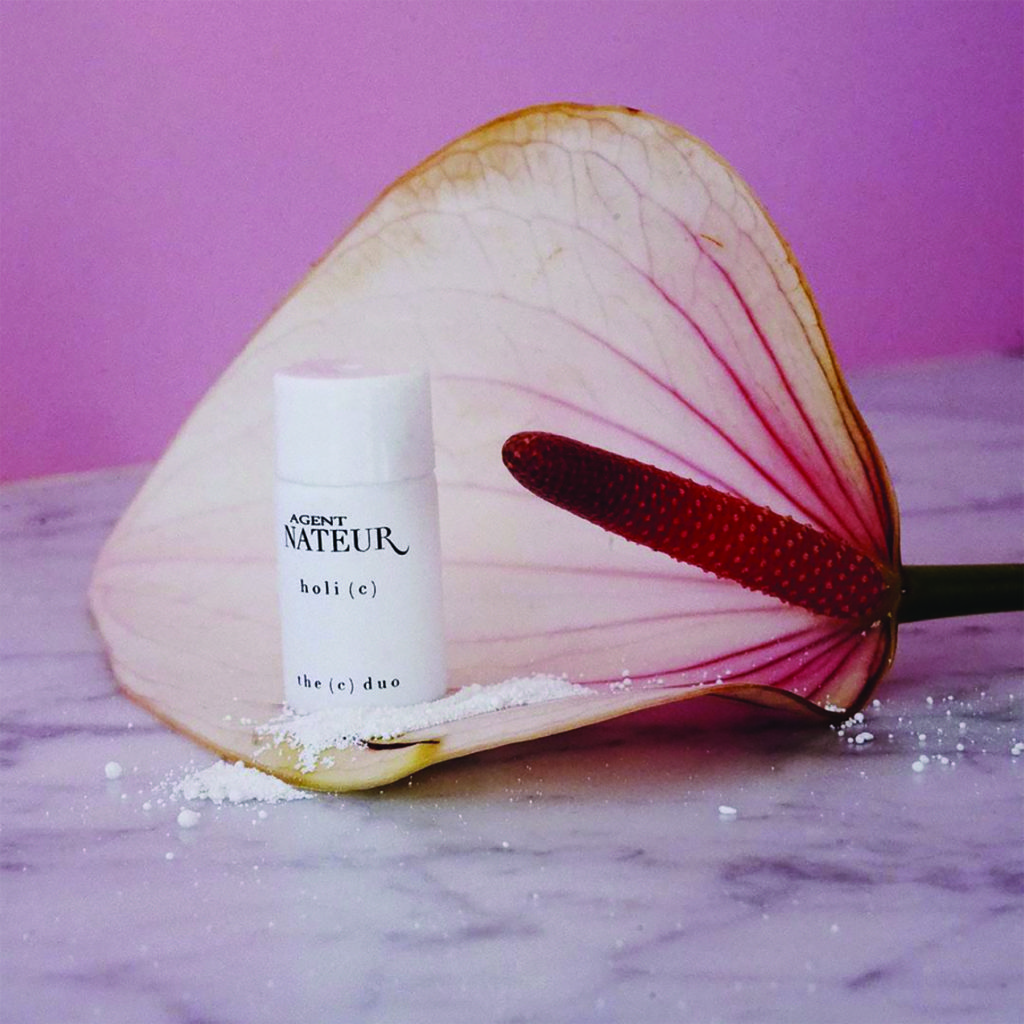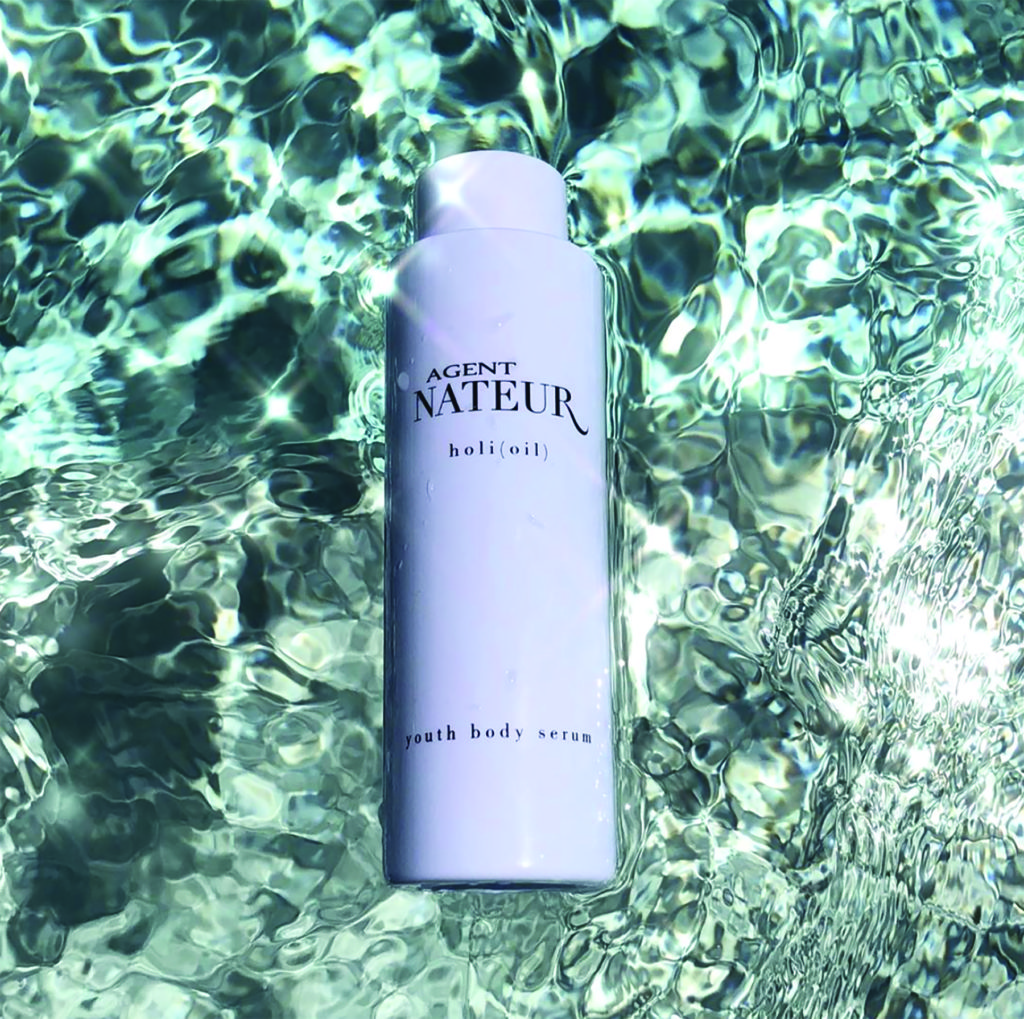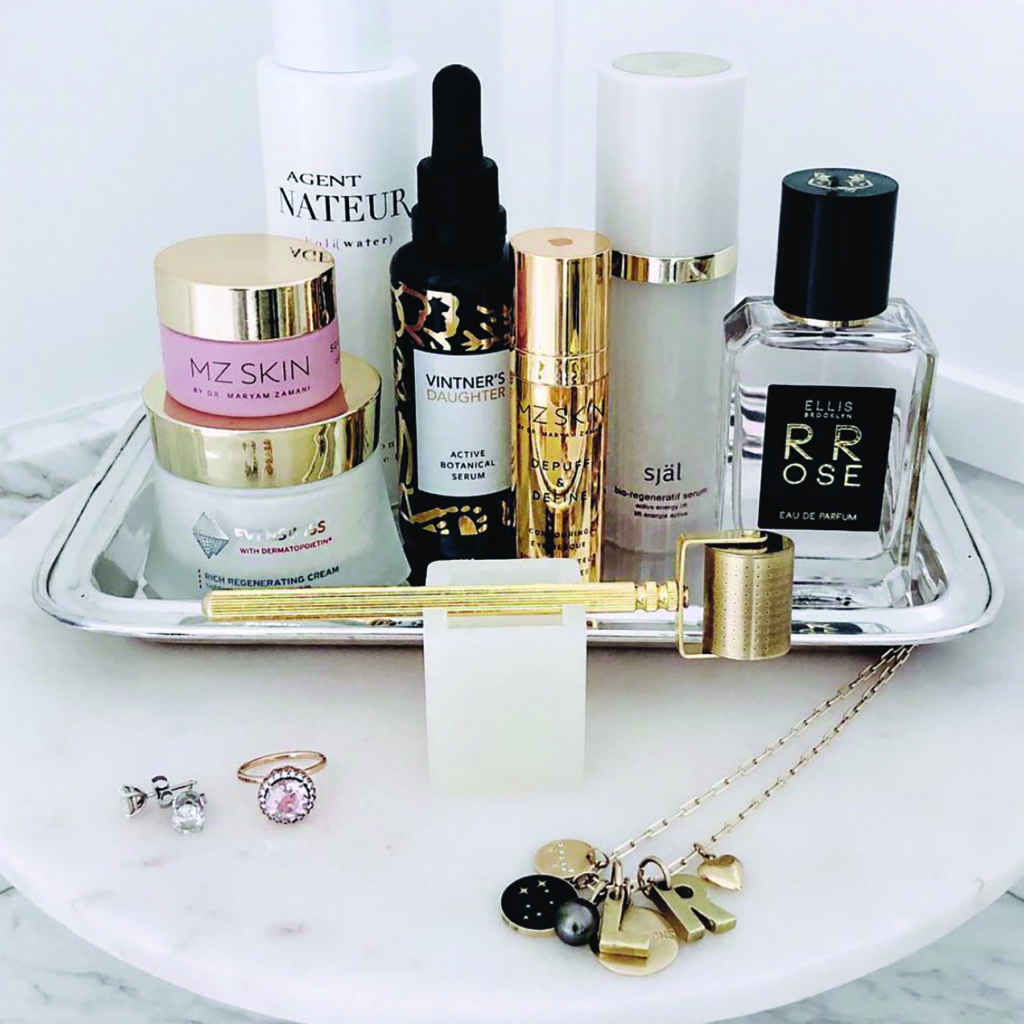
CRISTINA CUOMO: Teresa, you’re a clinical expert and consultant in breast healthcare. Tell us about your work at The Laurus Project, from founding the nonprofit to your current role as CEO.
TERESA LAWSKY: The Laurus Project is focused on the prevention of disease in women who’ve not been affected by breast cancer, and preventing recurrence in women who have. We’re doing a good job focusing on early detection in women, but incidence of the disease still remains high. Approximately one in eight women is diagnosed over their lifetime, and in some geographic areas that number is getting worse. I put a team into action to save women. The Laurus Project funds research at major institutions in the US and Europe, including USC, MIT, Yale University, and the IFOM Institute in Milan, Italy.
CC: There’s a lot of scientific research on the expression of genes and disease. Can you explain why genes express, and what is the best way to prevent it from happening?
TL: In medicine, we used to think women were predestined for disease. We now know about something called epigenetics, which tells us that our environmental exposure and lifestyle choices have an effect on the expression of genes and disease. We work with Dr. Valter Longo, a leading expert and researcher in this space who created something called the Fasting Mimicking Diet. It’s founded in epigenetics that fasting can control these genes. We know based on clinical trials that fasting lowers something called IGF-1—insulin growth factor 1—and CRP, a c-reactive protein that measures inflammation in your body. An increase in IGF-1 keeps cancer alive. A fasting mimicking diet lowers that. Studies show doing FMD three times a year is best for healthy women, and sometimes once a month for high-risk women. You’re eating foods that are scientifically put together to mimic fasting. Your body interprets it as if you’re really not getting anything. It’s a low-glucose, low-protein, higher-fat fast. It’s sent to you in a box, and you consume it over five days. At Laurus, we believe in a primarily plant-based everyday diet, with the addition of fish high in omega 3 and omega 6 for women who can tolerate it. Low-mercury types of fish with essential fatty acids your body doesn’t create are essential for cellular health. Opt for a diet that’s organic, non GMO, and with protein from legumes. You are going to lower the risk of comorbidity.
CC: Jena, as the founder of Agent Nateur, a green beauty company sourcing clean ingredients from small providers, how do you help women take control of their hormone health with your brand?
JENA COVELLO: I have stage 4 endometriosis and adenomyosis. In the last five to six years, I’ve had chronic pain and my estrogen levels were through the roof. I got on the autoimmune protocol diet, and cut out dairy, soy, grains, gluten and sugar. Anything that’s estrogenic. I developed Agent Nateur because my doctor said you should eliminate aluminum antiperspirant—it’s an endocrine disruptor. I finally got my estrogen levels down. I started to spread all of this knowledge through my Instagram, along with everything I’ve continued to learn from my doctors. You can find nontoxic beauty, antiaging serums that work just as well as, if not better than, the synthetics because they’re not irritating your skin. I searched the world for high-quality anti aging actives that were effective and nontoxic. I also started doing glutathione drips. Our body makes glutathione; it detoxes the liver, and gets the xenoestrogens out of your body. It’s known as the fountain of youth; it keeps us really young. I have seen a difference. I also started to take supplements, like DIM (diindolylmethane). DIM is derived from cruciferous vegetables. It can significantly cut estrogen levels down. But it can also cut estrogen so much that it causes depression, or makes you get your cycle every 20 or 21 days instead of 28. Broccoli seed extract is really incredible, and also helps to cut estrogen. DIM is amazing for cystic acne as well.

CC: Knockout Beauty CEO Cayli Cavaco Reck utilizes her knowledge of physiology to develop client-specific protocols for skin care. Cayli, what was the impetus for starting Knockout Beauty?
CAYLI CAVACO RECK: I started Knockout Beauty four summers ago. My mother died of breast cancer when I was 13, so I wanted to share information. I noticed that women shared information as it relates to beauty. Creating Knockout Beauty was a way to communicate in a forum that felt fun. If you use products and do things mindfully, you can affect the expression of disease.

CC: What does our skin tell us about our health?
CCR: Your skin is your largest organ. It’s also the gateway to your immune system. Seeing as many skin conditions I have, I can identify the correlation between inner health and outer beauty. What I realized was that by trying to help the skin, sometimes I’m not allowing the skin to tell the person what they need to hear. There may be something you need to know about internal inflammation. Acne, rosacea and melasma are all created by inflammation. The body has a way of getting rid of excess hormones. That comes out in the lymphatic junk in our body, through our urine and sweat. We know parabens and phthalates also affect it. There are short-chain parabens and long-chain parabens. We want to be careful of the long-chain parabens that are man-made.
JC: The parabens with longer structure have not been banned in the U.S. They are proven to be cancerous. Heavy metal overload is also the start of a lot of diseases. I recommend everybody get a heavy metal test to see where you can cut back. How do you get metals out of your system, Cayli?
CCR: Wild blueberries and cherries are anticarcinogenic and flush metals from your body. When you’re doing this in a clean body, where you’ve fasted, the body is more receptive and not dealing with other stuff in the way. If you have breasts, you should also know about the 2/16 ratio. It has to do with how your body metabolizes estrogen. You can find this information through an Estrogenex test. The ratio can be affected by taking a supplement, eating cruciferous vegetables, exercise, and also lowering your caloric intake. A supplement called I3C helps the body release excess estrogen. While DIM is a little bit more effective and can actually get you to a place where estrogen is too low, I3C has clinically been shown not to dip you to that low place.
CC: What is one of the best things we can do for our health, one actionable health directive?
TL: I would consider going on a pescetarian diet. And doing time-restrictive feeding, where you limit intake to 12 hours a day.
JC: Trusting our intuition. I think there’s an emotional component involved. Meditation, yoga and eating healthy.
CCR: Wash your face every day, look at yourself in the mirror. As things are perking up in your body, inflammation or disease, you will see it in your face. You’re also removing free radicals. Also, applying an antioxidant topically. Vitamins A, B, C, E and D are important vitamins to take in your body.





